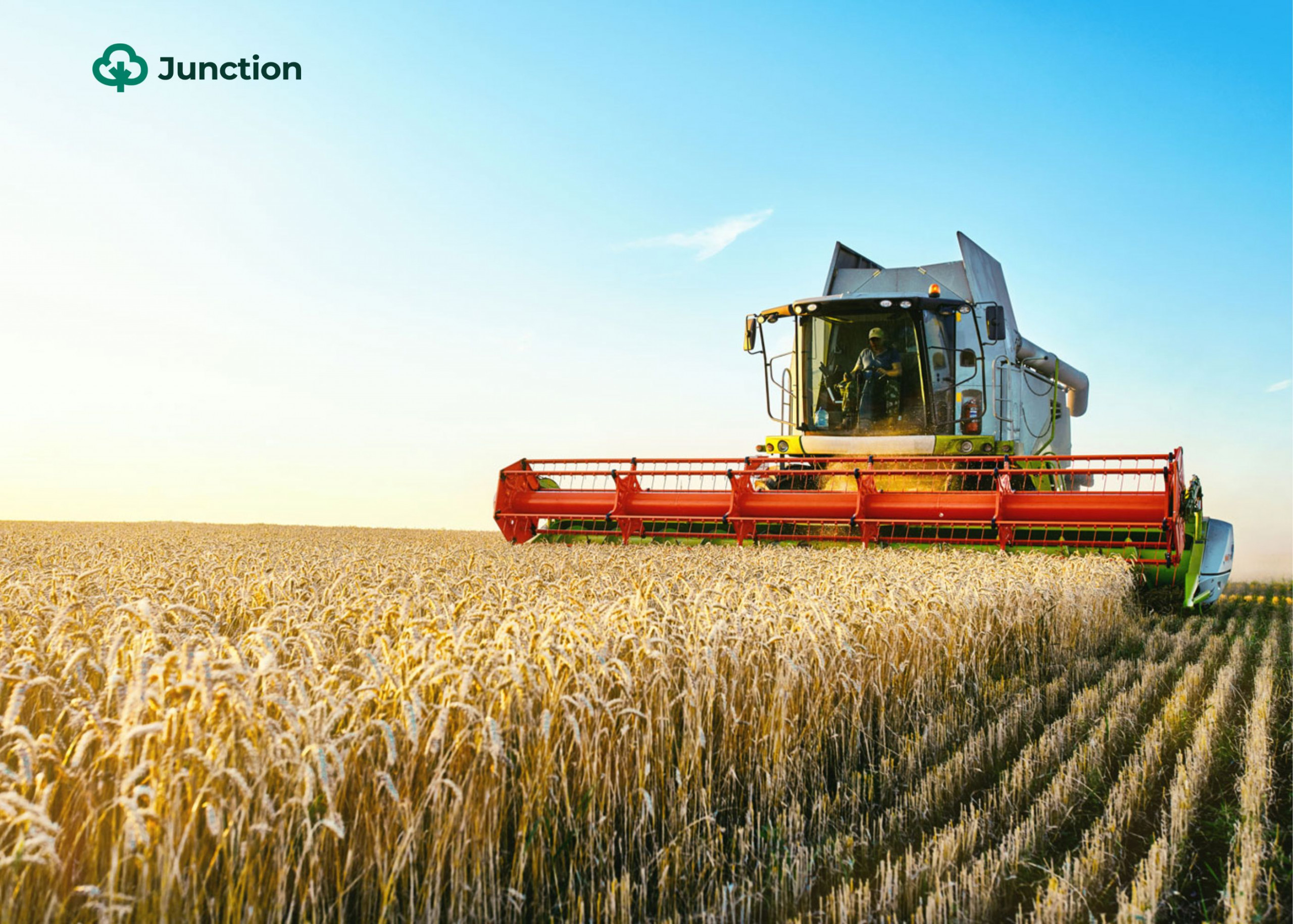News in brief:
– Urban farmers in Abuja are struggling to protect their lands as rapid development encroaches on green spaces meant for farming and recreation.
– Despite offering vital livelihoods in a job-scarce economy, these farms face threats from weak regulation and land grabs.
In the heart of Nigeria’s federal capital territory (FCT), Abuja, smallholder farmers are clinging to farmland surrounded by highways and high-rises; remnants of the city’s rural past are now under constant threat from urban expansion.
From a small plot wedged between overpasses and commercial towers, Bala Haruna grows corn, cassava, and okra using stream water pumped through hand-dug trenches.
“There were no buildings here,” he recalls of his childhood. But that memory fades as construction crews flatten nearby farmland for new developments, ignoring regulations meant to preserve green spaces, a report says.
Urban farms like Haruna’s provide more than food. They offer livelihoods for local families in a country where unemployment remains high.
“These farms keep people going,” said 63-year-old Malik Kuje Guni, a retiree-turned-farmer supplementing his pension with potato harvests. “I come down, work, sweat… I have hope something will come out of it.”
Yet the future is bleak. Farmers like Godwin Iwok, who left security work 22 years ago for farming, have seen crops destroyed without notice or compensation. One group of farmers received only ₦300,000 to split among eight people, now worth less than $200.
Though Abuja’s master plan designates parts of the land as green spaces, enforcement is weak, and land grabs continue. “Even the presidential villa is not where it’s supposed to be,” said urban governance expert Ismail Nuhu.
FCT Minister Nyesom Wike has vowed to enforce the original plan, but farmers fear this could mean more evictions. For many, farming is not the dream; it’s a necessity.
“I only use what I’m getting here to make sure my children go to school,” said Iwok. “I don’t want them to suffer like I did.”



